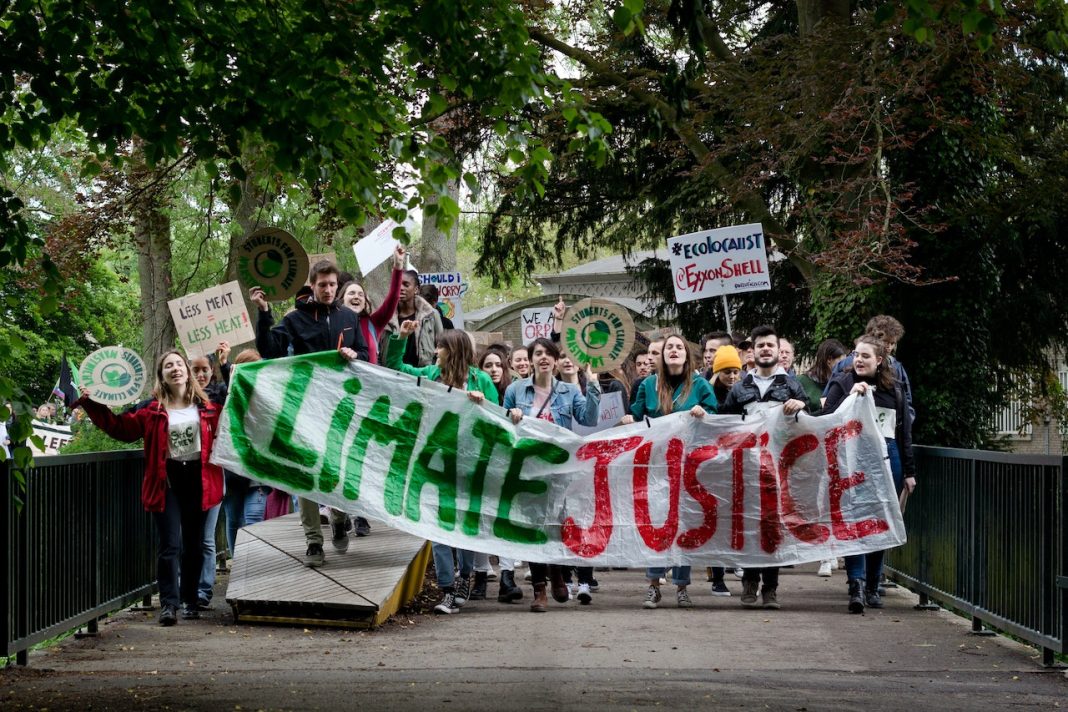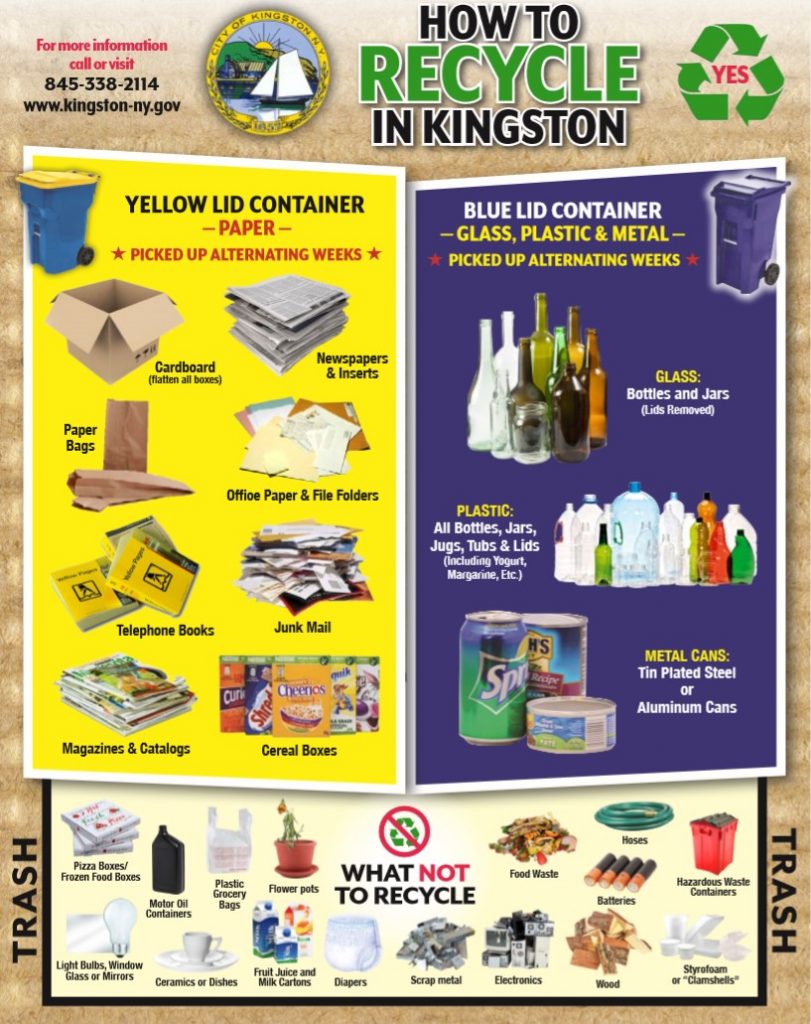
Building Environmental Awareness

Sustainability education serves as a powerful tool for building environmental awareness. Providing knowledge about ecological systems, climate change, biodiversity, and resource conservation enables individuals to comprehend the intricate relationship between human activities and the environment.
This understanding fosters a sense of responsibility and encourages environmentally conscious behaviors.
Encouraging Responsible Consumption and Production
One of the critical objectives of sustainability education is to promote responsible consumption and production patterns. Raising awareness about the impacts of our choices and actions empowers individuals to make sustainable choices in their daily lives.
From reducing waste and energy consumption to supporting eco-friendly businesses, sustainability education guides us toward more sustainable lifestyles.
Developing Critical Thinking and Problem-Solving Skills
Sustainability education goes beyond imparting knowledge; it also cultivates critical thinking and problem-solving skills.
Engaging students in real-world sustainability challenges encourages them to analyze complex problems, explore innovative solutions, and make informed decisions.
These skills are essential for addressing environmental, social, and economic challenges.
Promoting Social Equity and Justice

Sustainability education encompasses social dimensions, emphasizing the importance of equity, diversity, and social justice.
It highlights the interconnectedness of social, economic, and environmental issues, encouraging individuals to consider the impact of their actions on marginalized communities and future generations.
Sustainability education aims to create a more just and sustainable society by fostering inclusivity and equality.
Here’s the thing; we can’t hide from the fact that social justice and equity are connected at the hip with the environment.
People who are already marginalized, such as people of color, low-income people, and people with disabilities, are often disproportionately affected by environmental problems.
For example, they are more likely to live in polluted neighborhoods, have less access to clean water, and be exposed to environmental hazards. This can lead to several health problems, such as asthma, cancer, and heart disease.
It’s a vicious cycle of injustice.
A growing body of research, for instance, from UNEP, shows that “the poorest 20% of the world’s population produce less than 5% of global greenhouse gas emissions, but they are disproportionately affected by the impacts of climate change.”
Nurturing Future Sustainability Leaders
With the urgency to address global sustainability challenges, there is a growing need for future leaders who can drive positive change.
Sustainability education is vital in nurturing these leaders by instilling environmental stewardship, collaboration, and innovation values.
It equips individuals with the knowledge, skills, and motivation to become catalysts for sustainable development in various fields.
Here are a few ideas here if we are to nurture the next generation of environmental change leaders and innovators:
- Start early: Sustainability education should begin at a young age. Children are naturally curious about the world around them and are more likely to adopt sustainable practices if taught about them from a young age.
- Make it fun: It should be engaging and interactive. Students are more likely to learn if they are having fun. There are many ways to make sustainability education fun, such as games, activities, and field trips.
- Get parents involved: Parents play a critical role in their children’s education. By getting parents involved in sustainability education, we can help children learn about sustainability at home and school.
- Provide professional development: Teachers need to be trained on how to teach sustainability. Many professional development opportunities are available to help teachers learn about sustainability and how to teach it to their students.
- Create a sustainability culture: Schools can promote sustainability by promoting sustainable practices. This can include things like recycling, composting, and using energy-efficient appliances.
- Celebrate successes: When students and staff make progress on sustainability, it is important to celebrate their accomplishments. This motivates them to continue working towards a more sustainable future.
Fostering Resilience and Adaptability
In a world characterized by climate change, resource scarcity, and environmental disruptions, resilience and adaptability are crucial qualities.
Sustainability education helps individuals develop these traits by fostering an understanding of the dynamic nature of ecosystems and the need to adapt to changing circumstances. It promotes a mindset that embraces change and seeks innovative solutions to build resilient communities.
History and Notable Initiatives in Sustainability Education

During the 1970s, a United Nations Conference on the Human Environment was held in Stockholm, Sweden. At the conference, representatives from various nations expressed concern over the state of the environment when it came to industrialized development.
Out of this conference, the idea of sustainable development emerged. The need to research methods that would best serve both development needs and the environment was established.
United Nations Environmental Program (UNEP)
The UNEP program was created to try and achieve development that would not harm but enhance the environment. Members of this UN program analyzed the world’s problems between development and the environment.
It eventually was able to provide a variety of helpful recommendations to governments and organizations around the world. It also provided suggestions to various international governing bodies. In a short period, this organization created the International Environmental Education Program.
U.S. Partnership
SDGs, Targets, and Indicators
SDG 4: Quality Education
- Target 4.7: By 2030, ensure that all learners acquire the knowledge and skills needed to promote sustainable development, including through education for sustainable development and sustainable lifestyles.
The article emphasizes the importance of sustainability education in shaping the minds of individuals and empowering them to make informed decisions that contribute to a sustainable future. It highlights the role of sustainability education in building environmental awareness, promoting responsible consumption and production, developing critical thinking and problem-solving skills, promoting social equity and justice, nurturing future sustainability leaders, and fostering resilience and adaptability. All of these aspects align with the target of ensuring that learners acquire the knowledge and skills needed to promote sustainable development.
SDG 12: Responsible Consumption and Production
- Target 12.8: By 2030, ensure that people everywhere have the relevant information and awareness for sustainable development and lifestyles in harmony with nature.
The article discusses how sustainability education raises awareness about the impacts of our choices and actions, empowering individuals to make sustainable choices in their daily lives. It emphasizes the importance of educating individuals about responsible consumption and production patterns, reducing waste and energy consumption, and supporting eco-friendly businesses. These actions align with the target of ensuring that people have the relevant information and awareness for sustainable development and lifestyles in harmony with nature.
SDG 10: Reduced Inequalities
- Target 10.2: By 2030, empower and promote the social, economic, and political inclusion of all, irrespective of age, sex, disability, race, ethnicity, origin, religion or economic or other status.
The article highlights the interconnectedness of social, economic, and environmental issues in sustainability education. It emphasizes the importance of considering the impact of actions on marginalized communities and future generations, promoting inclusivity and equality, and addressing the disproportionate effects of environmental problems on marginalized groups. These actions align with the target of promoting the social, economic, and political inclusion of all.
SDG 13: Climate Action
- Target 13.3: Improve education, awareness-raising, and human and institutional capacity on climate change mitigation, adaptation, impact reduction, and early warning.
The article mentions that sustainability education provides knowledge about climate change and its impacts. It emphasizes the importance of engaging students in real-world sustainability challenges, encouraging them to analyze complex problems, explore innovative solutions, and make informed decisions. These actions align with the target of improving education and awareness-raising on climate change mitigation, adaptation, impact reduction, and early warning.
SDG 16: Peace, Justice, and Strong Institutions
- Target 16.7: Ensure responsive, inclusive, participatory, and representative decision-making at all levels.
The article discusses how sustainability education aims to create a more just and sustainable society by fostering inclusivity and equality. It highlights the importance of considering the impact of actions on marginalized communities and future generations. These actions align with the target of ensuring responsive, inclusive, participatory, and representative decision-making at all levels.
Table: SDGs, Targets, and Indicators
| SDGs | Targets | Indicators |
|---|---|---|
| SDG 4: Quality Education | Target 4.7: By 2030, ensure that all learners acquire the knowledge and skills needed to promote sustainable development, including through education for sustainable development and sustainable lifestyles. | None mentioned in the article. |
| SDG 12: Responsible Consumption and Production | Target 12.8: By 2030, ensure that people everywhere have the relevant information and awareness for sustainable development and lifestyles in harmony with nature. | None mentioned in the article. |
| SDG 10: Reduced Inequalities | Target 10.2: By 2030, empower and promote the social, economic, and political inclusion of all, irrespective of age, sex, disability, race, ethnicity, origin, religion or economic or other status. | None mentioned in the article. |
| SDG 13: Climate Action | Target 13.3: Improve education, awareness-raising, and human and institutional capacity on climate change mitigation, adaptation, impact reduction, and early warning. | None mentioned in the article. |
| SDG 16: Peace, Justice, and Strong Institutions | Target 16.7: Ensure responsive, inclusive, participatory, and representative decision-making at all levels. | None mentioned in the article. |
Copyright: Dive into this article, curated with care by SDG Investors Inc. Our advanced AI technology searches through vast amounts of data to spotlight how we are all moving forward with the Sustainable Development Goals. While we own the rights to this content, we invite you to share it to help spread knowledge and spark action on the SDGs.
Fuente: greenerideal.com

Join us, as fellow seekers of change, on a transformative journey at https://sdgtalks.ai/welcome, where you can become a member and actively contribute to shaping a brighter future.






